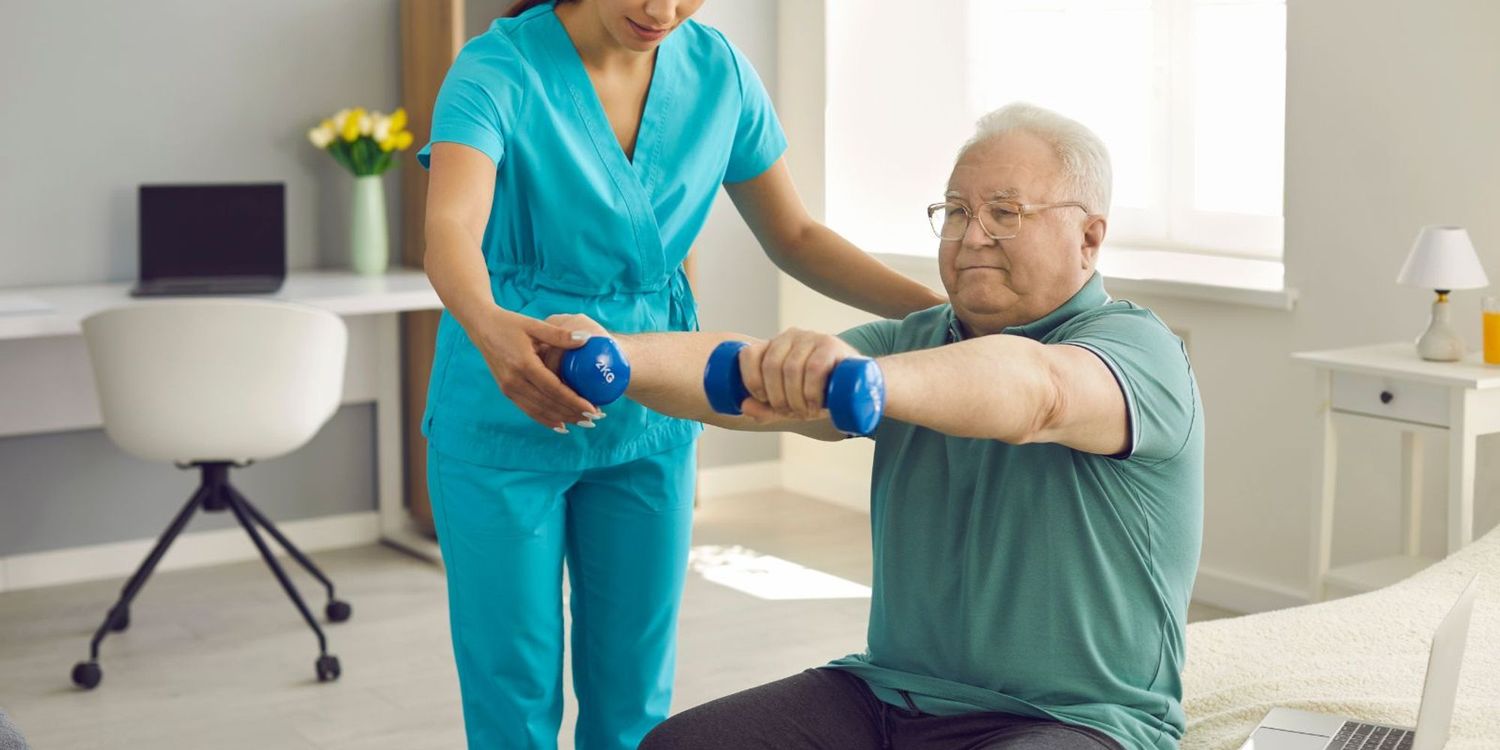19 May 2025
Feel free get in touch with us via email or social media.
© UEA. All rights reserved. University of East Anglia, Norwich Research Park, Norwich, Norfolk, NR4 7TJ, UK
PhD Studentship: Personalising Stroke Rehabilitation Using Clinical Biomarkers: Developing Neurotechnology for Clinical Practice

Dr Nicola Hancock & Professor Valerie Pomeroy are delighted to be hosting and supervising this PhD studentship as part of our AbiliTec collaboration at University of East Anglia, funded through the NIHR HealthTech Research Centre in Brain Injury Fellowship Programme.
This PhD programme is built around James Lind Alliance (JLA) and UK National Stroke Programme priorities for rehabilitation after stroke.
Specifically, it addresses the need for new knowledge on how to tailor and refine interventions and outcome measures to the needs of individuals with impairments after stroke, to optimise restoration of their movement. This is based in scientific knowledge informing international consensus that driving neuromuscular restitution rather than compensatory movement is required to improve movement outcomes.
The PhD programme builds on our group’s identification of possible neuromuscular biomarkers that differentiate people’s responses to specific exercise-based therapies after stroke, and our understanding of the critical components of successful uptake of neurorehabilitation technologies to practice. Further progress requires clinical adoption of biomarkers of an individual’s clinical neuromuscular restitution.
We now need to:
- identify the movement control targets that are meaningful to collaborators.
- develop a set of measures of the movement control targets feasible for use in routine clinical practice
- horizon scan certified technologies working with national network of NIHR partners and then test clinical feasibility for movement control assessment in clinical rehabilitation settings
The successful candidate will be supported by an experienced supervisory team with internationally recognised expertise in stroke rehabilitation science and user-centred intervention design, to develop a programme of study to address these aims.
At all stages of the research, the programme will centre on the needs of people with lived experience of stroke and healthcare professionals and their partnership will be critical to co-designing and delivering the programme of work.
The successful candidate will work with the team to critically evaluate and apply robust methodological and adoption frameworks throughout the studies.
This project is funded through the NIHR HealthTech Research Centre in Brain Injury (HRC) Fellowship Programme, which has been designed to support the research needs across its 5 themes: prevention & education, acute care & monitoring, restoration & rehabilitation, diagnostics and life-course.
Central to the programme are the 7 core academic projects, across 4 academic partners. The PhD programme here advertised at UEA is congruent with the Restoration & Rehabilitation theme.
In addition to the institutional training and education support, the HRC rolling educational programme will be delivered through a mixture of tutorials, workshops, web-based training resources, networking events and peer-led activities.
This will equip fellows with unique considerations for developing HealthTech solutions, including modules in navigating the Regulatory and Commercial landscape, Essentials of Health Economics, Patient and Public Involvement and Engagement, How to Sell to the NHS, Research Inclusion, Research Design and Funding Support.
This programme presents a unique opportunity to participate in a prestigious NIHR-funded project at the cutting edge of stroke rehabilitation science with a prominent team.
Entry requirements
The minimum entry requirement is 2:1 in allied health sciences - physiotherapy, occupational therapy, or biomechanics and related subjects.
Start date: 1 October 2025
Funding Comment
This PhD opportunity offers funding for 3 years and comprises of tuition fees at Home fee rates, an annual stipend for maintenance starting at £20,780 in the first year.
Stay up to date
Subscribe to our newsletter to receive news on the latest updates and projects in health and social care research.